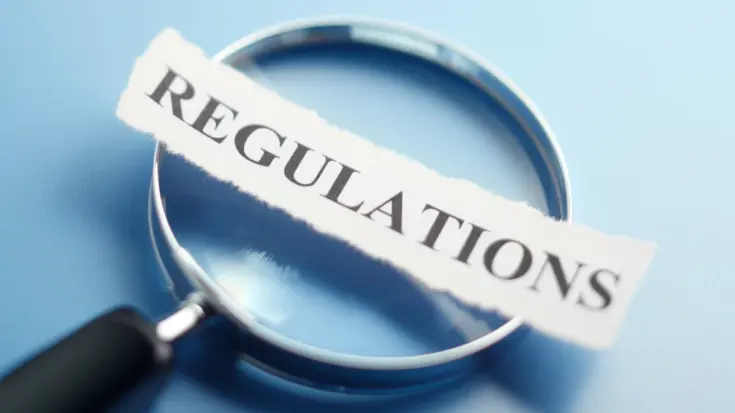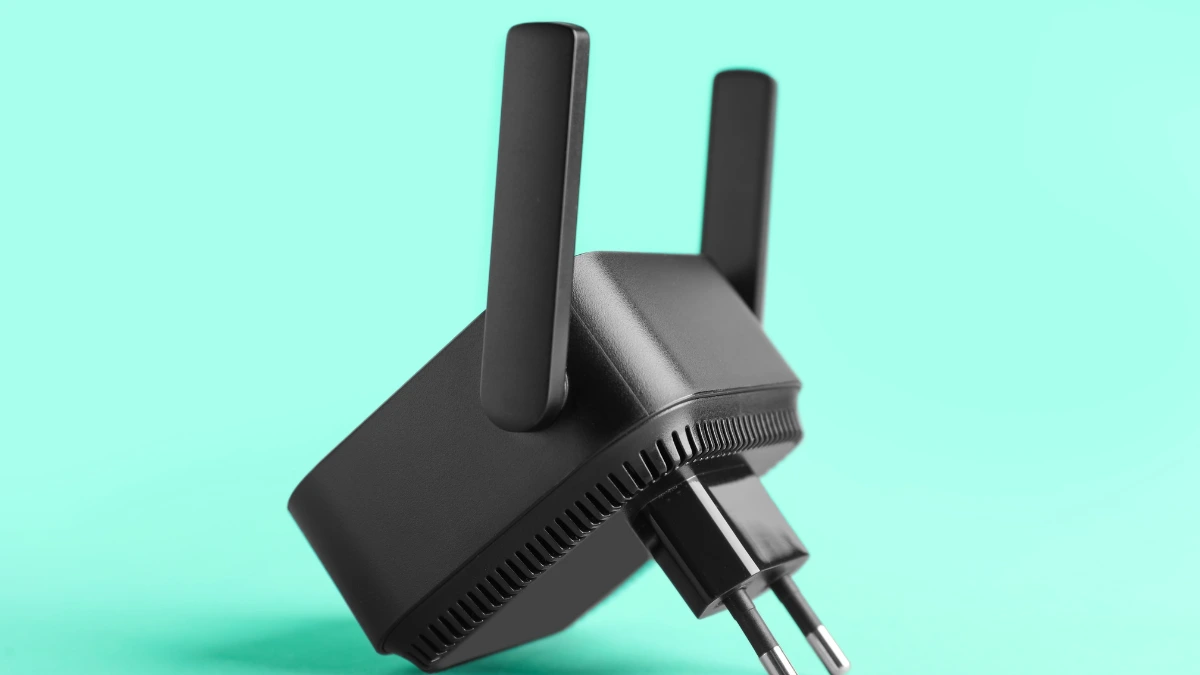Cell phone signal repeater is a device that used to amplify telephone signals in areas that do not have cellular signals or areas with weak signal coverage, such as large buildings, basements, or remote areas.
The use of cell phone signal repeater in each country has its own regulations. The Indonesian government has established regulations through Director General Regulation (PERDIRJEN) No. 352 Tahun 2024 from the Ministry of Communication and Information Technology (KOMDIGI), which sets standards for testing passive optical networks to ensure that these devices are safe, efficient, and do not interfere with each other.
This regulation is intended to ensure that all cell phone signal repeater circulating in Indonesia must ensure their quality, safety, and compliance with applicable regulations through testing standards.
Cell Phone Signal Repeater Testing Standard

Before being used or marketed in Indonesia, cell phone signal repeater devices must meet several established technical requirements. Here are some of the standards that must be met:
Power Supply
The cell phone signal repeater can be supplied with either AC or DC power. For devices with an AC power supply, the device must operate normally with 10% 220V and 2% 50 Hz frequency. When using an external power supply (eg using batteries or an AC/DC power converter), the external power supply must not affect the ability of the telecommunications tool and/or equipment to meet all technical parameter benchmarks.
Electrical Safety
The electrical safety assessment of cell phone signal repeater must meet the requirements specified in SNI IEC 60950-1:2016 or SNI IEC 62368-1:2014. The parameters that must be met are:
- a. overvoltage or electric strength or dielectric strength; and
- b. leakage current or touch current.
Parameter testing is carried out based on the following assumptions:
- a. telecommunications equipment and/or telecommunications equipment are supplied with a special external power supply continuously (AC/DC converter or adapter/charger);
- b. and telecommunications equipment and/or telecommunications equipment operate with SELV in an environment where overvoltage of the telecommunications network is not possible. SELV refers to a voltage that does not exceed a 42.4V peak or 60V DC.
Electromagnetic Compatibility (EMC)
Cell phone signal repeater must comply with SNI IEC CISPR 32:2015, IEC CISPR 32, or ETSI EN 301 489-50 which refers to ETSI EN 301 489-1.
Main Requirements
Every cell phone signal repeater must meet the main requirements as listed in this table.
| NR operating band | Uplink (MHz) | Downlink (MHz) | Mode Dupleks |
| 1 | 1920 MHz – 1980 MHz | 2110 MHz – 2170 MHz | FDD |
| 3 | 1710 MHz – 1785 MHz | 1805 MHz – 1880 MHz | FDD |
| 5 | 824 MHz – 849 MHz | 869 MHz – 894 MHz | FDD |
| 8 | 880 MHz – 915 MHz | 925 MHz – 960 MHz | FDD |
| 28 | 703 MHz – 748 MHz | 758 MHz – 803 MHz | FDD |
| 31 | 452,5 – 457,5 MHz | 462,5 MHz – 467,5 MHz | FDD |
Testing Method
The main requirements that must be met by LTE repeaters with parameters as specified in the table below:
| Test Parameters | Testing Methods |
| Repeater Output Power | In accordance with: a. Clause 5.3.3 ETSI EN 301 908-15, or b, Clause 6.4 in document ETSI TS 136 143 |
| ACRR | In accordance with: a. Clause 5.3.6 of ETSI EN 301 908-15, or b. Clause 13.2.3 of the ETSI TS 136 143 document |
| Operrating Band Unwanted Emissions | In accordance with: a. Clause 5.3.1 of ETSI EN 301 908-15, or b. Clause 3.1.4 of the ETSI TS 136 143 document |
| Repeater Spurious Emission | In accordance with: a. Clause 5.3.2 of ETSI EN 301 908-15, or b. Clause 9.2.4 of the ETSI TS 136 143 document |
| Note: 1) ETSI TS 143 can be replaced with 3GPP TS 36.143. 2) ETSI 136 106 can be replaced with 3GPP TS 36.106. 3) Repeater Spurious Emission and Repeater Input Intermodulation parameters for co-location with other repeaters or BSs are voluntary. | |
Cell Phone Signal Repeater Type Approval and Certification Process in Indonesia

For cell phone signal repeater to be used legally in Indonesia, certification from DJID is required. Here are the steps to get it:
Pre-testing the device
Before official testing, the device must be pre-tested first using measuring equipment such as a spectrum analyzer.
This helps ensure devices meet technical standards before being tested in authorized laboratories.
Testing at an official laboratory
After passing the pre-testing, the gadget will be sent to an assigned official research facility for experience testing according to the guidelines stipulated in the Decree of the Minister (KEPMEN) of the Director General of the Ministry of Communication and Digital (DJID) No. 352 Tahun 2024.
Issuance of certificates
After the device passes testing, an official certificate will be issued by DJID. This certificate is a requirement to market the device legally in Indonesia.
Tips to ensure standards compliance
- Learn the latest regulations: Make sure you understand every detail of the Decree of the Minister of the Director General of the Ministry of Communication and Digital No. 352 Tahun 2024, including technical requirements and test methods.
- Perform pre-testing: Before official testing, perform pre-testing to ensure the device meets standards. If you don’t have a measuring instrument, use the DJID certification service, which provides pre-testing services.
- Counsel a master: If this is your to begin with time looking for certification, consider utilizing the services of experienced DJID certification administrations. <UN>

